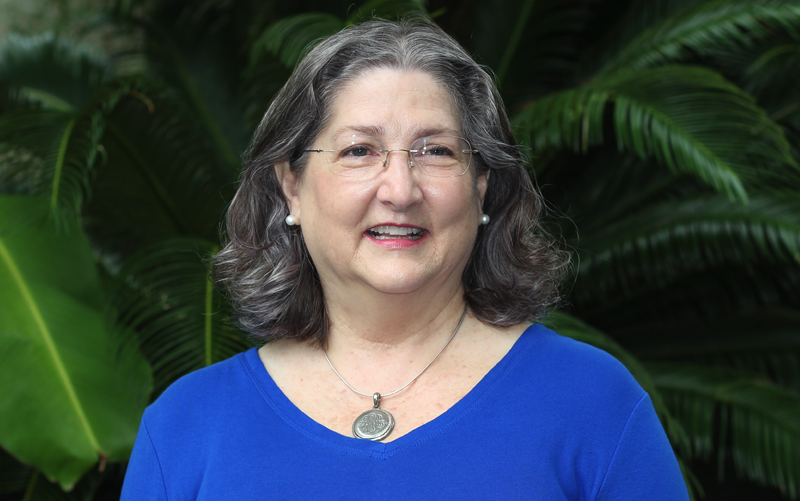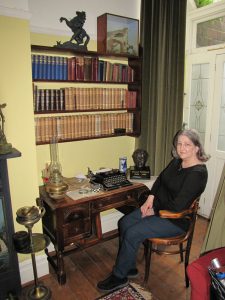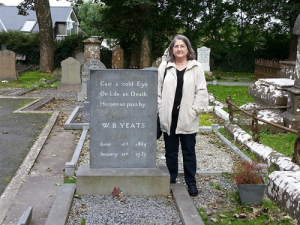Ann Browning Masters, Ph.D.
 With three great-great aunts recognized as Civil War spies and a great-great uncle known from Mayport, Florida to Cape May, New Jersey as a rum-runner during Prohibition, Ann Browning Masters has a colorful family history of stories to tell. But, she also has stories of common life that weave a quiet beauty around tales of resistance and intrigue. She has focused mainly on saving stories of the Everyman and Everywoman who lived through wars, hurricanes, and times before life-saving vaccines. And she has told the tale while emphasizing the dialect and vocabulary of a mixed cultural group living in St. Augustine and Northeast Florida from after the Civil War through the Civil Rights Movement.
With three great-great aunts recognized as Civil War spies and a great-great uncle known from Mayport, Florida to Cape May, New Jersey as a rum-runner during Prohibition, Ann Browning Masters has a colorful family history of stories to tell. But, she also has stories of common life that weave a quiet beauty around tales of resistance and intrigue. She has focused mainly on saving stories of the Everyman and Everywoman who lived through wars, hurricanes, and times before life-saving vaccines. And she has told the tale while emphasizing the dialect and vocabulary of a mixed cultural group living in St. Augustine and Northeast Florida from after the Civil War through the Civil Rights Movement.
Prior to Floridanos, Menorcans, Cattle-Whip Crackers: Poetry of St. Augustine being published by the Florida Historical Society Press, Dr. Masters held clinical and administrative positions in drug abuse treatment and mental health organizations. In her subsequent academic career, Dr. Masters’ writing focused on gender and equity issues. She received the Education Law Association 1992 Outstanding Dissertation Award for her dissertation titled The Evolution of the Legal Concept of Environmental Sexual Harassment of U.S. Higher Education Students by Faculty.
A St. Augustine native, Dr. Masters is a 12th generation Floridian. Her heritage includes being a Floridana, a descendant of Spanish settlers during Florida’s First Spanish Period. She is also a Menorcan, a descendant of the Italian, Greek and Menorcan colonists who came to St. Augustine in 1777 during Florida’s British Period.
In a 2014 interview she wrote,
I’m fortunate to have had the experience of listening to ancestors and community members who are mostly now gone…I want to illuminate the raw beauty of common lives in St. Augustine and St. Johns County. I want to capture the music of language of this time, vanishing and unknown to newcomers and the young…I want to preserve this small unvarnished slice of Americana that usually never makes its way into history books.
In addition to her writing about this subset of St. Augustine culture, she writes poetry of social commentary and justice.

